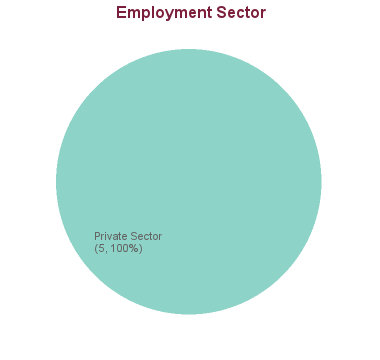Overview
Our program delivers an interdisciplinary experience, combining principles of geotechnical engineering, hydrogeology and geology, to provide a versatile set of skills needed to solve a wide range of practical problems related to engineering interactions with the earth environment.
Faculty members in the Geological Engineering program have research interests in the following general areas:
- landslides, debris flows, runout analysis, hazard assessment
- groundwater hydrology, groundwater contamination & remediation, reactive transport modeling, environmental geochemistry
- rock mechanics & rock engineering, open pit & underground mine design, tunnelling
Other research areas include geotechnical engineering, environmental geology, economic geology and applied geophysics. Students are encouraged to consult individual faculty members for information about current research areas.
What makes the program unique?
Geological Engineering is an interdisciplinary field, in which principles of geoscience are used to solve engineering and environmental problems. It connects geology, physics and chemistry with civil engineering and other fields (e.g. mining, geography, forestry) to provide a versatile set of skills applicable to a wide range of contemporary problems. The qualifications of a geological engineer are similar to those of a civil engineer with geotechnical or environmental specialization; however, our graduates have the advantage of better understanding of geological processes.
Quick Facts
Intake
Intake
Program Enquiries
Contact the program
Supervisor Search
Departments/Programs may update graduate degree program details through the Faculty & Staff portal. To update contact details for application inquiries, please use this form.






